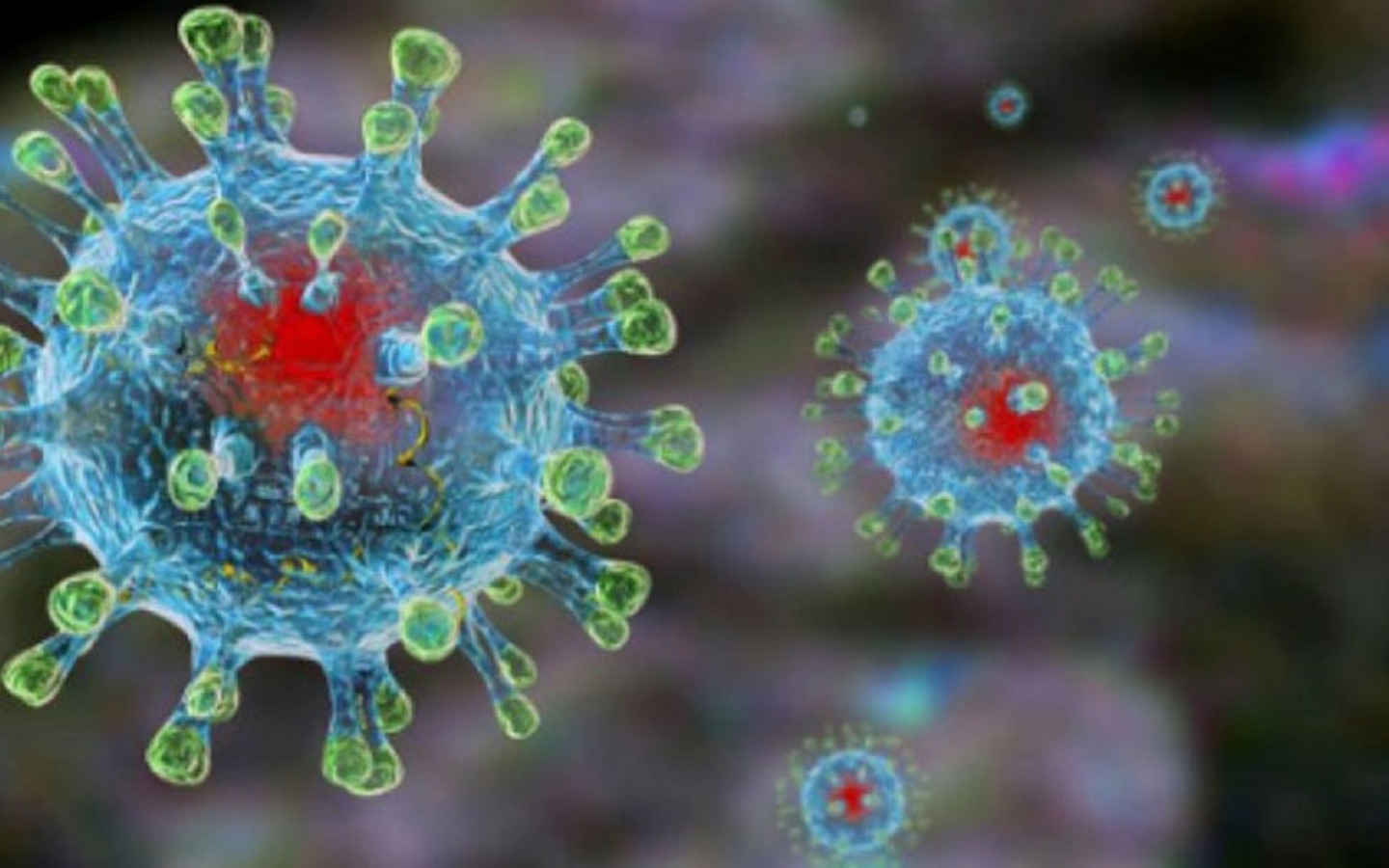Measures to Prevent the Spread of a New Coronavirus Infection

As part of the measures being implemented in the Russian Federation to prevent the spread of COVID-19 coronavirus infection in Moscow, Rospotrebnadzor, together with the Moscow Department of Health, is working systematically to identify and treat COVID-19 infected people, as well as to isolate those who have come into contact with them.
As part of the work to prevent the spread of coronavirus infection, Moscow Aviation Institute is conducting the following set of measures.
Since March 17, 2020 Moscow Aviation Institute has fully implemented online learning.
Since March 26, 2020 the University employees have been worked remotely.
To April 8, MAI detected 2 cases of coronavirus infection among students. The patients have been hospitalized and their health is not in danger. Those who came into contact with them are also isolated.
MAI takes all necessary measures to prevent coronavirus, including regular body temperature measurements for all students living in dormitories, disinfection of premises during the day, air disinfection with recirculators, and others.
Since April 6, MAI has renewed the educational process in an online format. Currently, the issue of the procedure for conducting the summer examination session and state final certification in an online format is being discussed. Thus, all necessary measures are implemented to ensure the continuity of the learning process and diplomas issuance to MAI graduates in time.
More information about e-learning
Students and teaching staff of Moscow Aviation Institute have the opportunity to organize the educational process in the MAI educational environment.
- Instructions for entering the training portals and using resources.
- Demonstration of the MAI e-learning system.
- Instructions for using Microsoft Teams for teaching staff.
- To request a password for MAI resources.
To obtain logins and passwords for entering the lms.mai.ru system, contact the International Students' Educational Center (for English medium programs) or directorates of MAI schools (for Russian medium programs).
What are coronaviruses?
Coronaviruses are a family of viruses that mainly infect animals, but in some cases can be transmitted to humans. Usually, diseases caused by coronaviruses proceed in a mild form, without causing severe symptoms. However, there are severe forms, such as the Middle East Respiratory Syndrome (MERS) and Severe Acute Respiratory Syndrome (SARS).
Symptoms of a disease caused by a new coronavirus:
- sense of fatigue;
- difficulty breathing;
- a high temperature;
- coughing and / or sore throat.
Symptoms are in many ways similar to many respiratory diseases, often imitate the common cold, and may be like the flu.
If you have similar symptoms, consider the following:
- Have you visited high-risk areas in the past two weeks (China and surrounding regions)?
- Have you been in contact with someone who has been visiting high risk areas (China and surrounding regions) in the past two weeks.
If the answer to these questions is positive, the symptoms should be treated as carefully as possible.
How is coronavirus transmitted?
Like other respiratory viruses, coronavirus spreads through drops that form when an infected person coughs or sneezes. In addition, it can spread when someone touches any sludge space, such as a door handle. People become infected when they touch their mouth, nose, or eyes with dirty hands.
Initially, the disease outbreak came from animals, allegedly, the source was the seafood market in Wuhan, where an active fish, marmots, snakes and bats trade took place.
How to protect yourself from coronavirus infection?
The most important thing you can do to protect yourself is to keep your hands and surfaces clean.
Keep your hands clean, wash them often with soap and water, or use a disinfectant.
Also try not to touch your mouth, nose or eyes with unwashed hands (usually such touches are unconsciously performed by us on average 15 times per hour).
Carry a hand sanitizer with you so that you can clean your hands in any environment.
Always wash your hands before eating.
Be especially careful in crowded places, airports, and public transport. As much as possible, reduce touching the surfaces and objects located in such places and do not touch your face.
Carry one-off napkins with you and always cover your nose and mouth when you cough or sneeze, and be sure to throw them away after use.
Do not eat food (nuts, chips, cookies and other snacks) from common packages or tableware if other people dipped their fingers in them.
Avoid welcome handshakes and kisses on the cheek until the epidemiological situation has stabilized.
At work, regularly clean surfaces and devices that you touch (computer keyboard, general office equipment panels, smartphone screen, remotes, door handles and handrails).